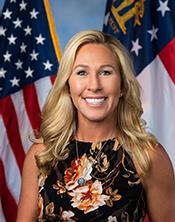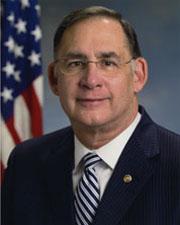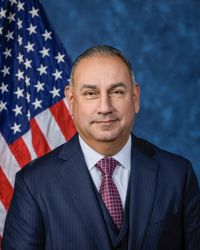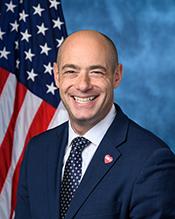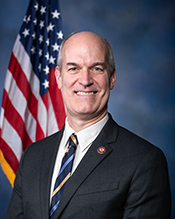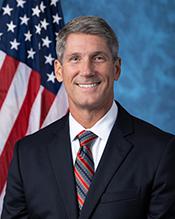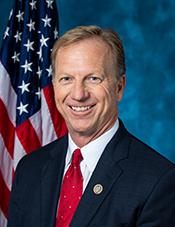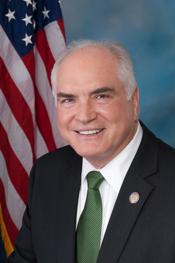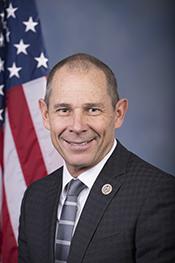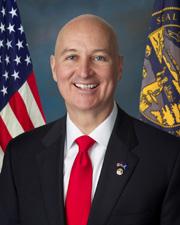S. 1082: Safeguarding Medicaid Act
This bill, known as the Safeguarding Medicaid Act, aims to strengthen the asset verification process for individuals applying for or receiving Medicaid benefits across all states and territories in the United States. Here are the key points:
1. Asset Verification Requirement
The bill mandates that a resources eligibility test be applied to all Medicaid applicants and recipients. This means that states must assess not only the income but also the assets (resources) of individuals seeking medical assistance through Medicaid. This is designed to ensure that only eligible individuals receive benefits based on their financial statuses.
2. Implementation Timeline
The changes stipulated in the bill are set to take effect one year after it is enacted. During this year, the Secretary of Health and Human Services will require states to develop and execute plans for an electronic integrated asset verification program. States can proceed with implementing this program prior to the official effective date.
3. Resources Eligibility Guidelines
The bill specifies that individuals whose financial resources exceed a certain threshold will be deemed ineligible for Medicaid benefits. The threshold will conform to existing standards under the Supplemental Security Income program, or states can establish their own limits.
Additionally, the bill ensures that continuous eligibility requirements for certain populations, such as pregnant and postpartum women and children, remain intact.
4. Federal Tracking and Reporting
The Secretary of Health and Human Services is required to create a federal system to track savings generated from the asset verification process within the Medicaid program. This tracking system must be in place within two years of the bill's enactment.
Every state will have to submit reports regarding their eligibility determinations for Medicaid as part of routine reviews. This reporting obligation will include data on the number of applications, asset checks, and results of those checks for both new applicants and renewals.
5. Enforcement Mechanisms
The bill grants the Secretary of Health and Human Services authority to evaluate states’ compliance with the new asset verification requirements. If a state is found to be non-compliant, the Secretary can require that state to submit a corrective action plan and implement it within specific timelines.
6. Affected Economies
If a state faces economic hardship, the Secretary has the discretion to delay the implementation of the asset verification requirements by up to one year.
Relevant Companies
- HUM (Humana Inc.) - As a major health insurance provider, Humana may see changes in their Medicaid reimbursement policies and eligibility criteria, affecting their operations in states that implement the asset verification program.
- UNH (UnitedHealth Group Incorporated) - Another significant player in health insurance, UnitedHealth might also experience impacts related to Medicaid enrollment and eligibility assessments due to this bill.
- ANTM (Anthem, Inc.) - As a provider of various health insurance plans, including Medicaid, Anthem could be affected by changes in eligibility requirements and asset verification processes.
This is an AI-generated summary of the bill text. There may be mistakes.
Sponsors
10 bill sponsors
-
TrackJohn Barrasso

Sponsor
-
TrackMarsha Blackburn

Co-Sponsor
-
TrackSteve Daines

Co-Sponsor
-
TrackJohn Kennedy

Co-Sponsor
-
TrackJames Lankford
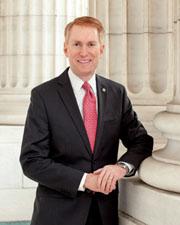
Co-Sponsor
-
TrackCynthia M. Lummis

Co-Sponsor
-
TrackRoger Marshall

Co-Sponsor
-
TrackEric Schmitt

Co-Sponsor
-
TrackRick Scott
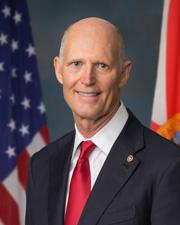
Co-Sponsor
-
TrackRoger F. Wicker

Co-Sponsor
Actions
2 actions
| Date | Action |
|---|---|
| Mar. 14, 2025 | Introduced in Senate |
| Mar. 14, 2025 | Read twice and referred to the Committee on Finance. (text: CR S1778-1779) |
Corporate Lobbying
0 companies lobbying
None found.
* Note that there can be significant delays in lobbying disclosures, and our data may be incomplete.
